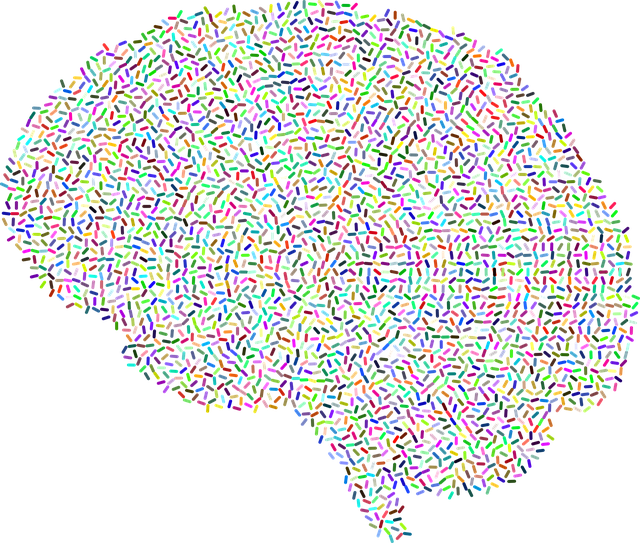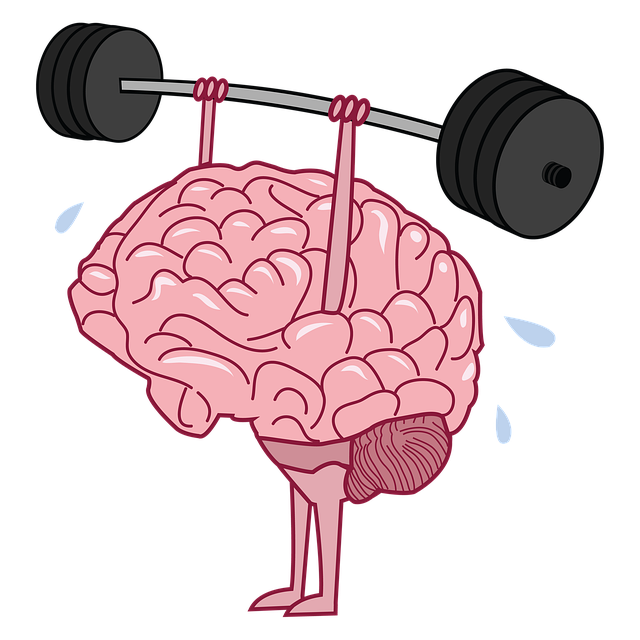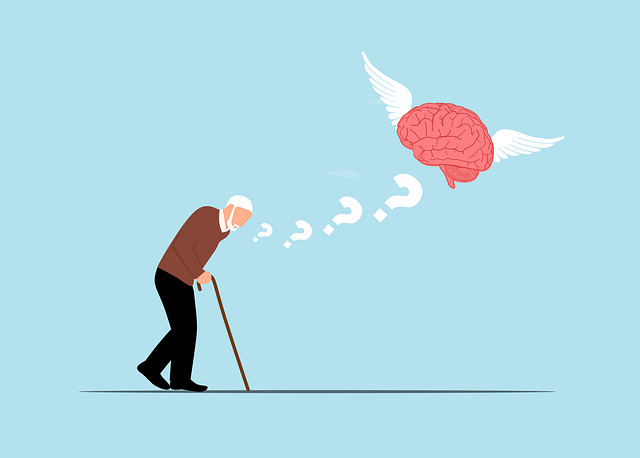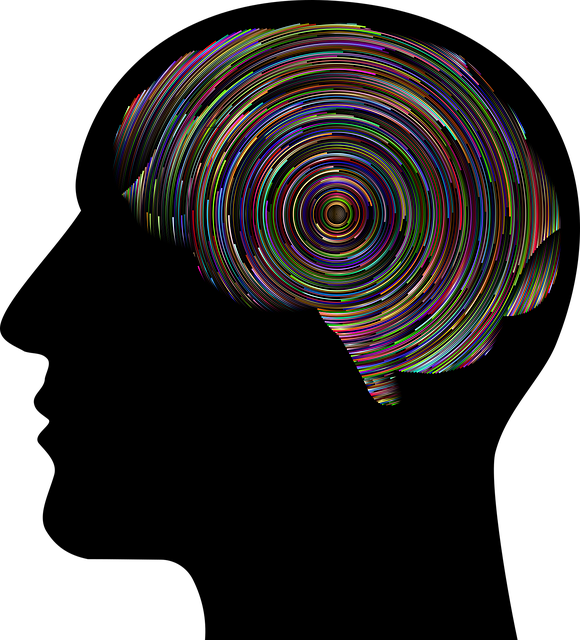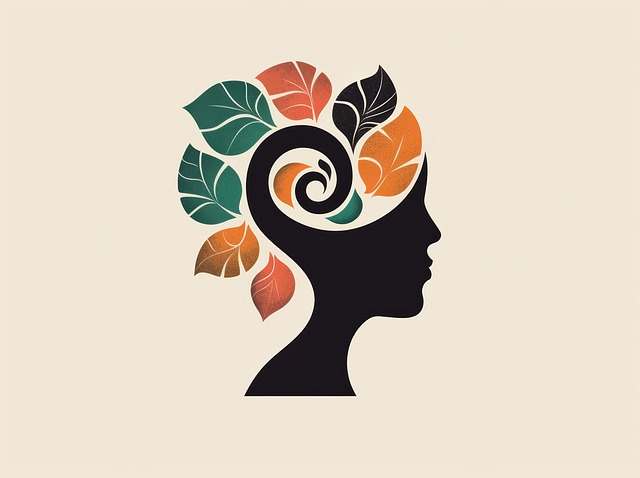Northglenn Children Therapy emphasizes the critical yet often overlooked aspect of mental wellness in child development, addressing challenges posed by academic pressures and social media. They advocate for innovative self-assessment tools tailored to local children, incorporating metrics for emotional regulation, stress management, and social well-being. By integrating compassion cultivation, mindfulness, and crisis intervention strategies, they enhance therapeutic outcomes and empower young individuals to navigate life's challenges effectively. Their user-friendly evaluation methods, including interactive questionnaires and gamified elements, facilitate accurate self-assessments and encourage proactive self-care routine development. Through a comprehensive approach combining research, community feedback, and regular pilot tests, Northglenn Children Therapy creates cutting-edge self-assessment tools for optimal mental wellness support.
In today’s fast-paced world, mental wellness is a cornerstone of overall health, especially for children. The article explores the development of self-assessment tools tailored for Northglenn Children Therapy, focusing on identifying and addressing mental health concerns early. By understanding the significance of mental wellness in childhood, we can create effective frameworks that empower both children and therapists. Through key components, user-friendly design, and continuous improvement strategies, these tools aim to enhance the therapeutic process, ultimately improving outcomes for Northglenn Children Therapy clients.
- Understanding Mental Wellness and Its Significance for Children
- Identifying the Need for Self-Assessment Tools in Northglenn Children Therapy
- Key Components of an Effective Self-Assessment Framework
- Designing User-Friendly and Engaging Evaluation Methods
- Implementation, Research, and Continuous Improvement Strategies
Understanding Mental Wellness and Its Significance for Children

Mental wellness is a vital aspect of a child’s overall development and well-being, yet it is often overlooked or misunderstood. Northglenn Children Therapy recognizes that fostering healthy mental states in children is essential for their present and future success. Childhood is a critical period where experiences and learned coping mechanisms can shape an individual’s resilience and emotional intelligence throughout life.
The significance of prioritizing mental wellness cannot be overstated, especially with the increasing demands on today’s youth. From academic pressures to social media influences, children face various challenges that can impact their psychological state. Incorporating compassion cultivation practices, crisis intervention guidance, and coping skills development into therapeutic approaches empowers young individuals to navigate these difficulties. These strategies not only help children manage stress but also foster self-awareness, emotional regulation, and positive relationships, ensuring they grow into resilient adults.
Identifying the Need for Self-Assessment Tools in Northglenn Children Therapy

In Northglenn Children Therapy, the need for comprehensive self-assessment tools is starkly evident. As a vibrant and bustling community, Northglenn faces unique challenges that impact the mental wellness of its youth. Traditional therapy methods often lack the accessibility and tailored approach needed to effectively support children and their families. This gap highlights the crucial requirement for innovative self-assessment tools that cater specifically to the needs of Northglenn Children Therapy clients.
These tools, designed with a focus on communication strategies and self-awareness exercises, can significantly aid in burnout prevention. By empowering children and adolescents with self-assessment skills, therapists in Northglenn can facilitate earlier identification of mental health issues, thereby enabling prompt intervention. This proactive approach aligns with the community’s spirit of fostering a healthy and resilient future for its young residents.
Key Components of an Effective Self-Assessment Framework

An effective self-assessment framework for mental wellness should encompass several key components, each playing a vital role in fostering accurate evaluation and personal growth. Firstly, it must offer a comprehensive range of metrics to gauge various aspects of mental health, including emotional regulation, stress management, and social well-being. This multi-dimensional approach, tailored to meet diverse individual needs, is essential at Northglenn Children Therapy where every child’s unique journey towards wellness is respected.
Moreover, the framework should integrate compassion cultivation practices, encouraging self-kindness and mindfulness, as these have proven to enhance therapeutic outcomes. Mental wellness coaching programs development within this structure can further equip individuals with practical strategies for navigating life challenges. Additionally, including crisis intervention guidance ensures that users have access to immediate support when facing acute distress, fostering a proactive rather than reactive mindset.
Designing User-Friendly and Engaging Evaluation Methods

Designing user-friendly and engaging evaluation methods is a cornerstone in developing effective self-assessment tools for mental wellness. At Northglenn Children Therapy, we understand that the process should be accessible and appealing to users, especially when targeting younger demographics or those who may be hesitant about seeking help. This involves employing creative strategies such as interactive questionnaires, visually appealing infographics, and gamified elements that transform the experience from a mundane task into an enjoyable journey towards self-discovery.
By incorporating these design principles, mental health professionals can facilitate accurate self-assessments while promoting self-care routine development for better mental health. This not only encourages individuals to take initiative in managing their well-being but also provides valuable insights that inform personalized interventions. A well-crafted risk assessment for mental health professionals, for instance, should seamlessly integrate into these engaging evaluation methods, ensuring a holistic approach to mental wellness.
Implementation, Research, and Continuous Improvement Strategies

The development of self-assessment tools for mental wellness is a dynamic process that necessitates an integrated approach. At Northglenn Children Therapy, we recognize that implementing such tools requires rigorous research and continuous improvement strategies to ensure their effectiveness and reliability. Initially, an extensive literature review is conducted to gather evidence-based practices and identify gaps in current assessment methods. This involves delving into various sources, including peer-reviewed articles, mental health policy analyses, and advocacy reports, to understand the latest trends and best practices in mental wellness self-assessment.
Research plays a pivotal role in guiding the tool’s design, ensuring it aligns with established theories and evidence. Additionally, we employ Empathy Building Strategies during development to foster an environment where participants feel heard and understood. By integrating user feedback and conducting pilot tests, our team can refine the tools over time, enhancing their validity and reliability. Regular Mood Management discussions within the research community and mental health advocacy groups further contribute to this process, allowing us to stay abreast of emerging trends and continuously improve the assessment experience.
The development of mental wellness self-assessment tools tailored for Northglenn Children Therapy is a significant step towards empowering young individuals to take charge of their emotional well-being. By incorporating user-friendly evaluation methods, these tools can effectively identify and address mental health concerns early on. With continuous research and improvement strategies, Northglenn Children Therapy can ensure its self-assessment framework remains dynamic and relevant, ultimately fostering healthier minds within the community.
